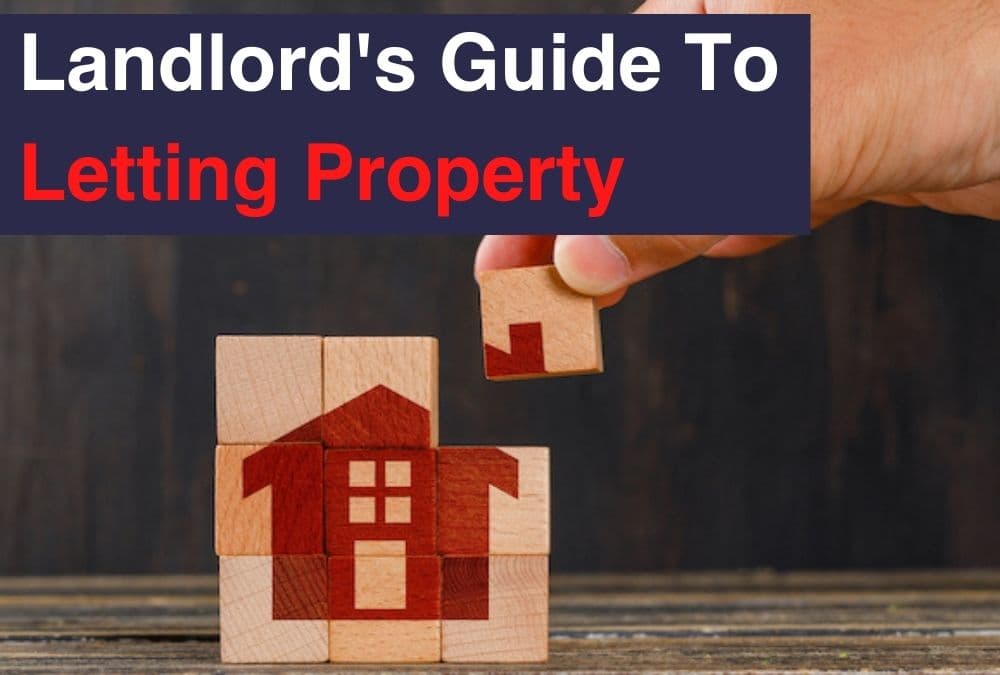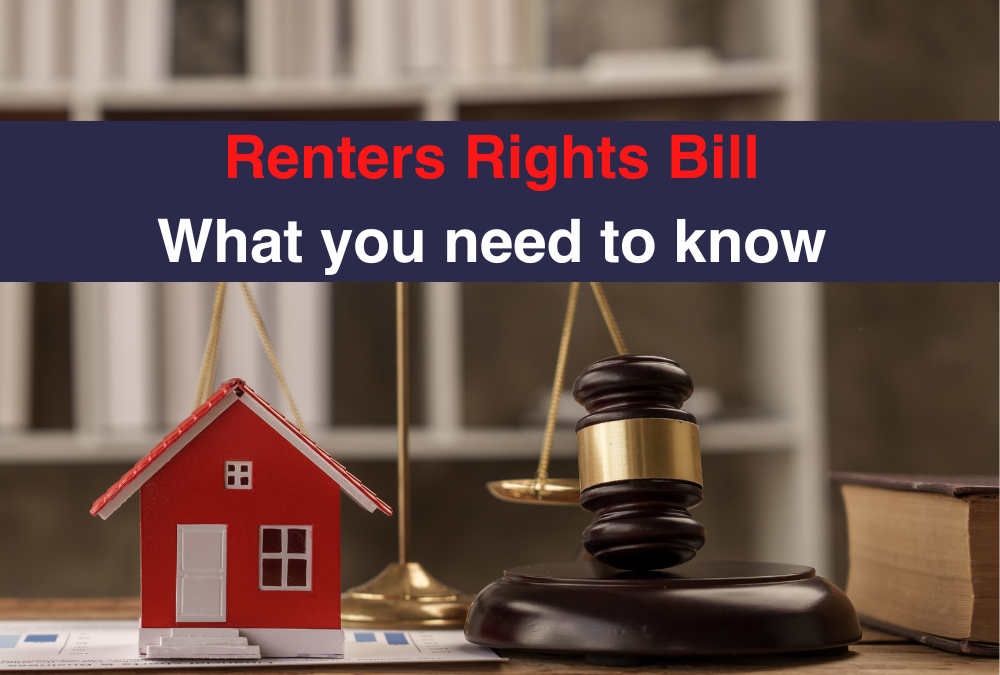Letting property is an increasingly complicated business. Here is our brief Landlord Guide with the main legal, financial, and practical issues you need to consider before a tenancy begins.
Guide to Letting Property
Safety First
Gas Safety – Your property must have a current Gas Safety Certificate before it is let. This is renewed every 12 months.
Electrical safety – Since 1st June 2020 all rental properties have required an Electrical Installation Condition report (EICR), which must be done every 5 years. You also need to ensure that all electrical appliances are in good working order.
EPC – There must be a valid Energy Performance Certificate to advertise a property to rent. This is renewed every 10 years. Currently the legal minimum rating is E but be aware this is due to change to C in 2028.
Fire and Safety Regulations – Items of furniture must comply with current safety requirements. Some older pieces are exempt, and we are happy to advise if you have any queries.
Smoke, Heat & Carbon Monoxide Detectors – At a minimum there should be 1 smoke detector per floor, and it is recommended that a heat detector is fitted in houses of 2 stories or more. Carbon Monoxide detectors are needed for solid fuel systems. Find out more here.
- Landlord Responsibilities – Gas Regulations
- New Carbon Monoxide Alarm Laws Introduced
- Legislation Update: EICR
Financial
Insurance – Most Buy-to-Let lenders will insist on Landlord’s insurance and, even if this is not your situation, it makes sense to protect your investment. Landlords ensure that the property and contacts included in the let are insured, whilst the tenants are responsible for insuring any possessions they bring in.
Tax – As a landlord you are liable to pay income tax on your rental income. It is your responsibility to inform Inland Revenue of this income. If you live abroad for 6 months or more per year, you are classed as a ‘non-resident landlord’ by HMRC, even if you’re a UK resident for tax purposes. More information for non-resident landlords can be found at www.gov.uk. It is also advisable to speak to an accountant for advice on your tax liabilities.
Limited Company – More and more landlords are buying and running their properties as a Limited Company due to changes to mortgage tax relief.
Limited Company landlords may also make a saving on their annual tax bill and avoid capital gains tax. If you are considering this it’s important to get professional advice first.
General
Mortgages – If the property being let is subject to finance and the terms of this agreement require consent, then you should obtain this consent prior to ant tenancy.
Leases – Again, if the property is leasehold and requires consent to sub-let then this consent should be obtained prior to any tenancy.
Mail – We recommend that you as a landlord set up a mail redirection agreement with the Post Office to avoid any potential loss of mail
Keys – Your agent should be supplied with the relevant set of keys, depending on the number of tenants moving in, plus a management set if appropriate. Additional keys can be cut on your behalf with your permission.
Tenancies
Tenancy Agreement – Most tenancies are Assured Shorthold Tenancies (AST’s) which typically last 6 or 12 months and often renewed thereafter. Make sure you use an agreement that is up to date with current legislation.
Inventory – We highly recommend a professional inventory is done prior to any tenancy. It will record the condition of all the fixtures and fittings at the property and can be used to help settle deposit disputes at the end of tenancy if things are missing or broken.
Deposit – A Damage Deposit of no more than 5 weeks rent can be requested for an AST. This must be lodged with an approved Tenancy Deposit Scheme. At Horizon Lets we work with the Deposit Protection Service (DPS) and organise any deductions and returns according to current regulations.
Check Out – A full check out inspection should be done at the end of any tenancy and the report compared against the original inventory. This will subsequently help in assessing fair wear and tear, cleanliness, damages, and any potential deposit deductions.
Maintenance
During the winter, there are steps landlords and tenants can take to reduce the risk of pipes freezing in the first place. Here’s an overview of what you need to do:
Landlord’s Responsibilities – It is a landlord’s responsibility to keep a rental property in a good state of repair and to ensure all heating, water and electrical systems are working properly. It is also extremely important to respond to tenant complaints about the condition of their home.
Maintenance Basics – Under the law landlords are always responsible for repairs to the following essential aspects of a house or flat:
- The structure of a building & condition of its exterior
- Sins, basins, baths, and other such fittings; this includes the proper working order of drains and pipes
- All gas appliances and associated pipes, ventilations, and flues
- The electrical wiring in a property
- Fixing any damage that might be cause when carrying out repairs
Wear and Tear – There is a certain amount of deterioration to be expected as property ages and as the landlord it’s your responsibility to fix and cover the costs of any damage to the property that could not be considered fair wear and tear.
Refurbishment and Redecoration – Keeping your property looking fresh for new tenants is an important part of being a good landlord and will attract the right target tenant. As a rule of thumb look at replacing carpet every 5-7 years and fully redecorate every 3 years.
A good Lettings Agency will keep landlords on top of the law and ensure they follow good practise at all stages of letting a property.
Contact Horizon Lets for the most up to date guidance and advice;
Related Articles
- Horizon Lets tips for Landlords
- 15 Mistakes Landlords Make & How To Avoid Them
- Protect Yourself From Fraud
- Starting your Property Portfolio
- Grow Your Property Portfolio








